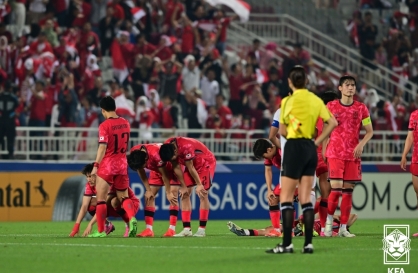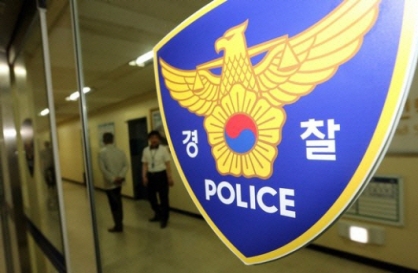
“They could have risen up, they could have fought against that evil regime which took over Gaza in a coup d’etat.” Israeli President Isaac Herzog ought to know better than to have said that. But those who don’t -- those who had no call to pay attention to Palestinian politics until a month ago -- might be forgiven for asking why Hamas has never faced a serious uprising from within their Gazan redoubt in the 17 years it has ruled the strip.
That it has not allows some, in Israel and elsewhere, to suggest that the majority of the 2.3 million Palestinians who are confined to the 360 square kilometers of Gaza must approve of the terrorist group’s actions, including the horrific attack on southern Israel on Oct. 7. To follow this line of reasoning is to conclude that all Gazans are complicit in terror. “It’s an entire nation out there that is responsible,” Herzog told reporters a few days after the attack. “This rhetoric about civilians not aware, not involved, it’s absolutely not true.
And Herzog, remember, is from the liberal side of the Israeli political establishment: A former head of the Labor Party, he unsuccessfully ran against the right-wing Prime Minister Benjamin Netanyahu in the 2015 parliamentary elections. In 2021, he was elected to the largely ceremonial presidency, a role that requires him to act as Israel’s moral north star.
Those unburdened by such responsibility and hewing to the opposite end of the political spectrum have gone much farther than Herzog in placing collective blame for Hamas’ crimes on all Gazans -- and proposing collective punishment.
So, why haven’t Gazans risen up against Hamas? Before I address that question, please permit a short detour to explain how Hamas came to rule the strip.
The group won the last election held in Gaza and the West Bank in 2006. Back then, Hamas was identified mainly as a radical offshoot of the Islamist, pan-Arab Muslim Brotherhood political movement, but its main attraction to voters was as an alternative to Fatah, the faction running the Palestinian Authority -- the deeply corrupt and inept government responsible for the West Bank and Gaza. Hamas’ election campaign leaned heavily on the corruption issue, which resonated with voters.
The prospect of Islamists running the PA alarmed Israel as well as the US. But Fatah contested the results, and the two groups fought pitched battles. When the dust settled in 2007, Fatah was left in control of the PA, but its remit was restricted to the West Bank. Hamas was supreme in Gaza.
Hamas didn’t take long to prove it was as venal and incompetent as Fatah, with its unstinting opposition to Israel its only source of legitimacy. Its goal, stated in a revised charter issued in 2017, was the destruction of the state of Israel. Armed and trained by Iran, its fighters periodically clashed with the Israel Defense Forces, bringing devastation upon Gaza.
In the meantime, Hamas cemented its control by systematically eliminating all opposition. It maintains a network of spies, informers and enforcers and exercises a monopoly of violence. Human rights groups raised alarms about a “brutal campaign of abductions, torture and unlawful killings” against Palestinians. Invariably, the victims were blamed for being in cahoots with Israel.
With Gaza essentially sealed off from the wider world by Israeli restrictions on travel and trade, Hamas also took control of the economy as the principal employer and paymaster of Palestinians. It decides how foreign aid is doled out, and its leaders siphon out large sums into an international portfolio of investments. Meanwhile, it cracks down on Gazans complaining about economic hardship.
Ismail Haniyeh, who heads the group’s political bureau, claims Hamas’ actions represent Gazans. But after 17 years of Hamas rule, Gazans have few political rights or civil liberties. The vast majority are too young to have participated in the 2006 election, and none have had a chance to vote Hamas out.
Given the chance, would they? We can only know for certain when -- or if -- a free and fair election is allowed. To the extent that poll opinions in a populace that lives in fear are possible, there’s some evidence that Gazans would like Hamas gone. A recent survey by the Washington Institute showed a large majority want the PA to rule Gaza.
But to expect Gazans to rise up against Hamas is to require them to risk their lives and livelihoods, to face down a terrorist group that has repeatedly demonstrated willingness to slaughter Palestinians as well as Israelis. And while Hamas can rely on a regional power, Iran, to supply it with arms, all Gazans can expect from the wider world is qualified sympathy -- and unreasonable expectations.
Bobby Ghosh
Bobby Ghosh is a Bloomberg Opinion columnist covering culture. Previously, he covered foreign affairs. -- Ed.
(Tribune Content Agency)







